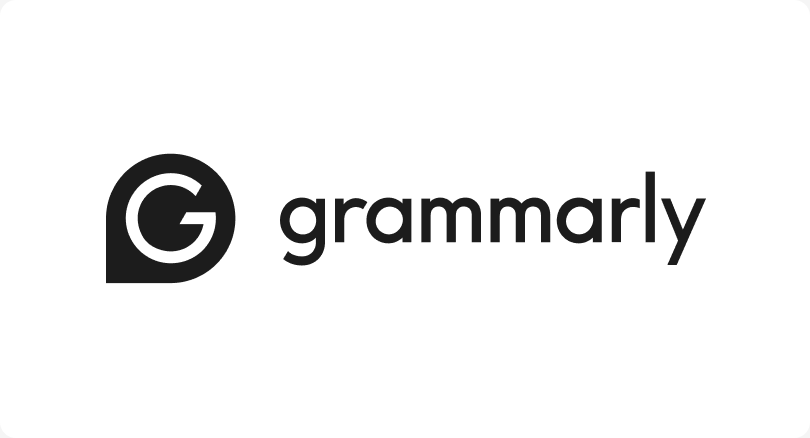Grammarly, the AI-powered writing assistant, has acquired Coda, a productivity platform originally designed as an advanced alternative to Google Docs. Coda’s evolution into a project management tool that combines the functionalities of documents, spreadsheets, and databases aligns with Grammarly’s strategy to enhance its own suite of AI-driven tools. While the specific terms of the deal remain undisclosed, the acquisition is expected to propel Grammarly’s capabilities in integrating more sophisticated collaborative and project management features with its writing solutions.
Founded in 2014, Coda initially aimed to streamline the process of document creation by offering a more dynamic and customizable alternative to traditional word processors. However, over the years, it has morphed into a platform that allows teams to build their own tools for managing workflows, tracking projects, and creating shared documents that function like interactive applications. Coda’s shift toward AI integration, especially with the introduction of Coda Brain, appears to have been a pivotal factor in attracting Grammarly’s attention. This product, designed to leverage AI to optimize workflows and enhance productivity, aligns with Grammarly’s existing portfolio of writing aids that use machine learning and natural language processing.
The acquisition also marks a significant strategic move for Grammarly, which has primarily been known for its grammar and style-checking capabilities. With Coda’s advanced project management features, Grammarly is set to diversify its product offerings and expand into new markets, particularly in collaborative team environments. Coda’s CEO, Shishir Mehrotra, will step into the role of CEO at Grammarly, bringing his leadership experience to a broader scope of operations. Mehrotra’s leadership has been integral to Coda’s success, and his transition into Grammarly’s top spot signals a new era for both companies.
The acquisition signals growing competition in the AI-driven productivity tool market, as more companies seek to consolidate their offerings. As major players like Microsoft and Google continue to incorporate AI into their suites of tools, Grammarly’s acquisition of Coda may offer it a competitive edge in a crowded field. By blending its natural language processing strengths with Coda’s project management and workflow capabilities, Grammarly can appeal to a wider range of professionals seeking integrated AI solutions for both writing and organizational tasks.
Coda’s platform has garnered significant attention over the years due to its flexibility and user-centric design, which empowers teams to create custom workflows tailored to their specific needs. This adaptability has made it popular among startups and large organizations alike. In addition to its core document and project management functions, Coda has gained traction for its innovative use of AI, particularly in automating repetitive tasks and offering smart recommendations that improve efficiency. With the increased demand for AI solutions across industries, the integration of Coda’s capabilities into Grammarly’s platform is seen as a move to capture a larger share of the growing AI productivity tool market.
The financial details surrounding the acquisition have not been disclosed, though Coda was valued at $1.3 billion in its last funding round, which took place in 2021. Given this valuation and Coda’s established presence in the market, the purchase price is likely to be substantial. Analysts suggest that Grammarly’s decision to acquire Coda reflects a long-term investment in the development of more sophisticated AI-powered tools designed to serve a broader range of users beyond just writers.
Grammarly, which has raised over $500 million in funding to date, has seen significant growth in recent years. Its AI-powered writing assistant, which checks for grammar, spelling, and style issues, has become a staple for millions of users worldwide. The company has expanded its offerings to include tools for teams and businesses, allowing users to manage communication, collaborate on documents, and maintain consistency across written content. By acquiring Coda, Grammarly can now leverage the platform’s customizable project management tools to create a more integrated and collaborative workspace for teams, making it easier to incorporate AI-driven features directly into the collaborative process.
The acquisition also positions Grammarly to capitalize on the shift towards remote and hybrid work environments, where collaboration tools have become increasingly critical. By adding Coda’s features, Grammarly can better serve teams and businesses looking for ways to manage projects and communication in a more efficient, AI-enhanced environment. In turn, this will likely bolster Grammarly’s ability to compete against other AI-powered productivity platforms, as the company positions itself as a one-stop solution for writing, collaboration, and workflow optimization.
Grammarly’s expansion into project management and AI-driven workflows is a logical progression for the company, as it builds on its strengths in natural language processing and AI. The combination of writing tools with customizable project management capabilities enables Grammarly to offer a more comprehensive suite of tools that can appeal to a broader audience. With Coda’s advanced AI features and customizable workflows, Grammarly is well-positioned to continue expanding its offerings and meeting the needs of businesses and professionals seeking an all-in-one productivity platform.

